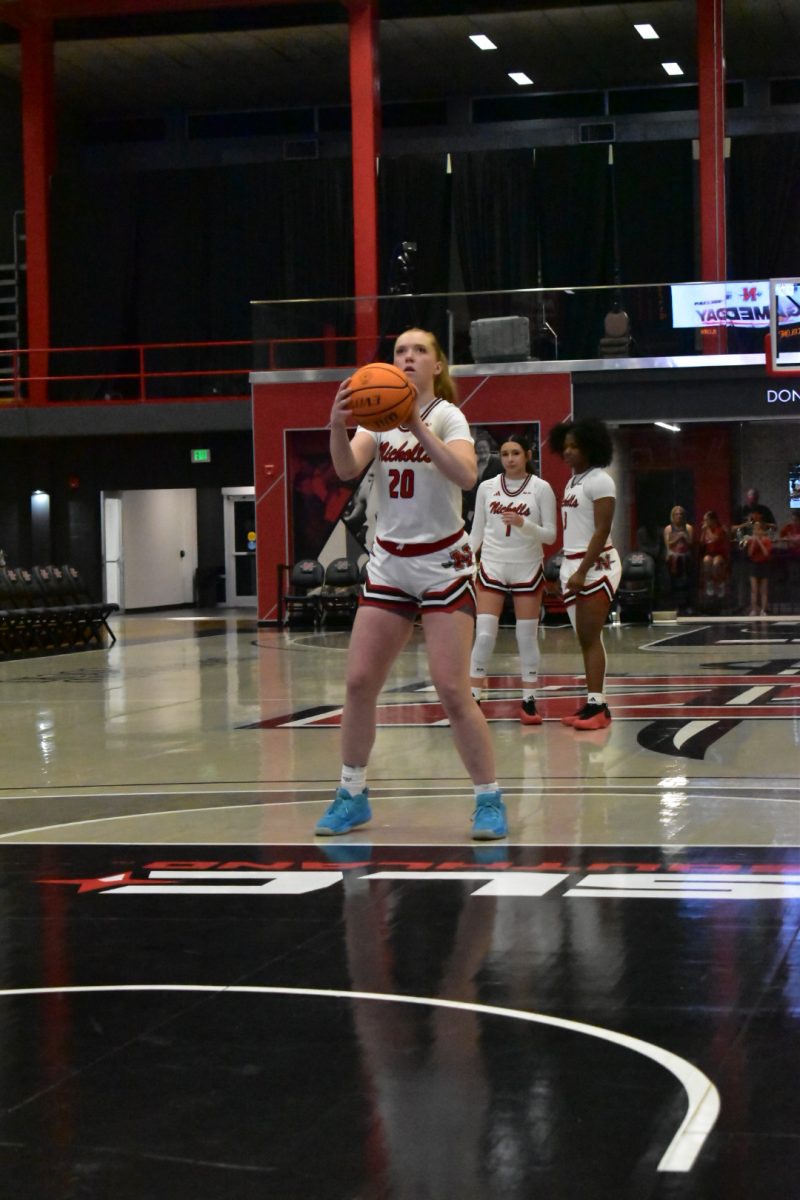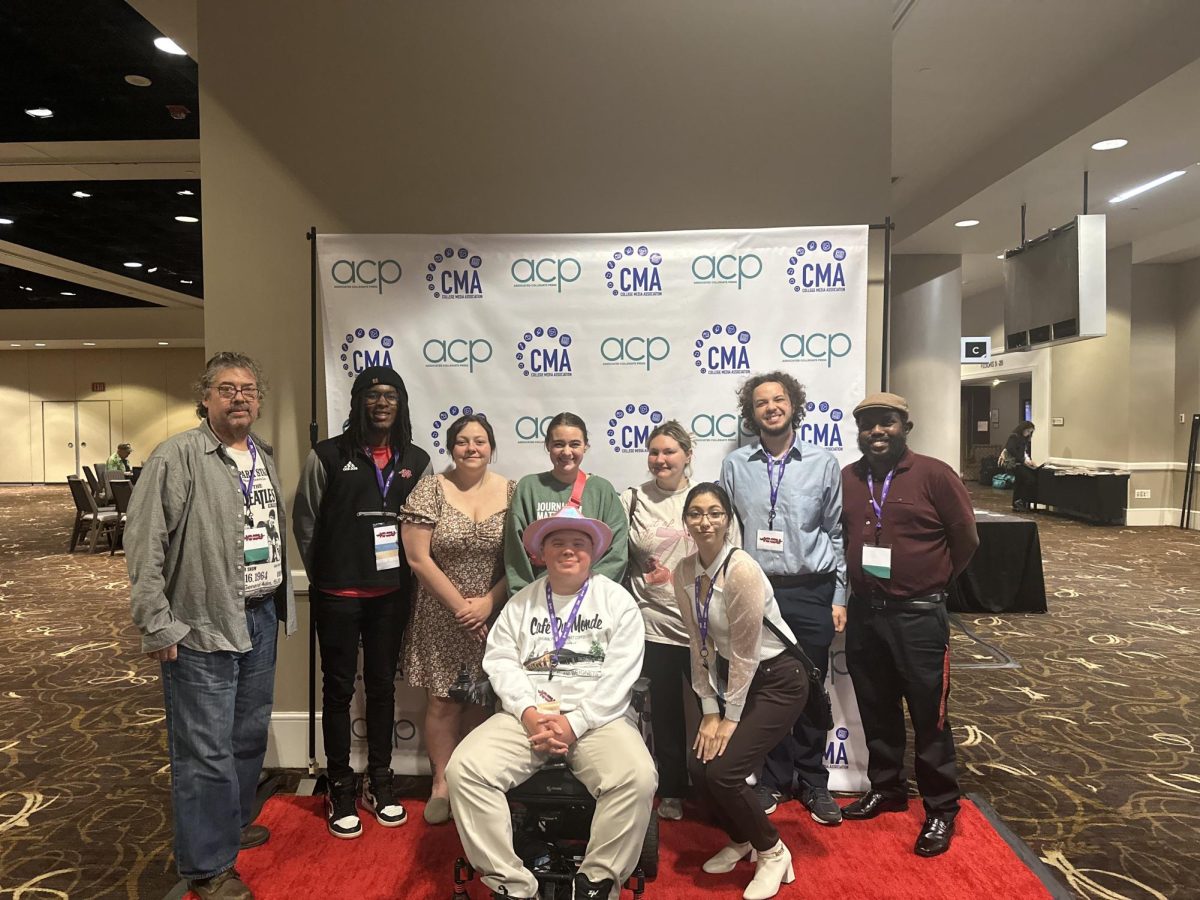VATICAN CITY-Cardinal Joseph Ratzinger of Germany, the Roman Catholic Church’s leading hard-liner, was elected pope Tuesday in the first conclave of the new millennium. He chose the name Benedict XVI and called himself “a simple, humble worker.”Ratzinger, the first German pope in centuries, emerged onto the balcony of St. Peter’s Basilica, where he waved to a wildly cheering crowd of tens of thousands and gave his first blessing.
“The fact that the Lord can work and act even with insufficient means consoles me, and above all I entrust myself to your prayers,” the new pope said. “I entrust myself to your prayers.”
The crowd responded to the 265th pope by joyfully chanting “Benedict! Benedict!”
The new pope is the oldest elected since Clement XII, who was chosen in 1730 at 78 but was three months older than Ratzinger.
Ratzinger is the first Germanic pope in nearly 1,000 years. There were at least three German popes in the 11th century.
If Ratzinger was paying tribute to the last pontiff named Benedict, it could be interpreted as a bid to soften his image as the Vatican’s doctrinal hard-liner.
Benedict XV, who reigned from 1914 to 1922, was a moderate following Pius X, who had implemented a sharp crackdown against doctrinal “modernism.” He reigned during World War I and was credited with settling animosity between traditionalists and modernists, and dreamed of reunion with Orthodox Christians.
Benedict comes from the Latin for “blessing” and is one of a number of papal names of holy origin such as Clement (“mercy”), Innocent (“hopeful” as well as “innocent”) and Pius (“pious”).
The last pope from a German-speaking land was Victor II, bishop of Eichstatt, who reigned from 1055-57.
White smoke poured from the chimney atop the Sistine Chapel and the bells of St. Peter’s pealed at 11:04 p.m. to announce the conclave had produced a pope.







